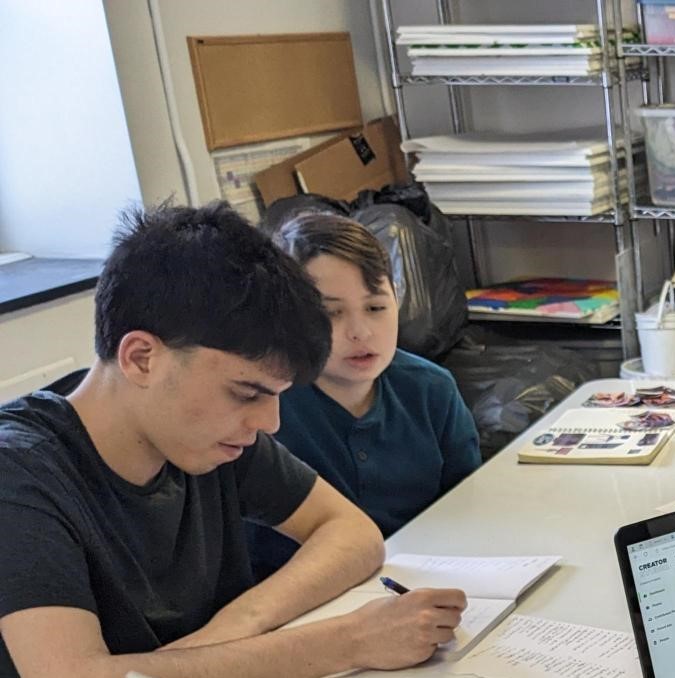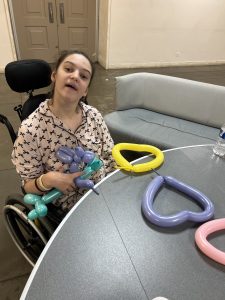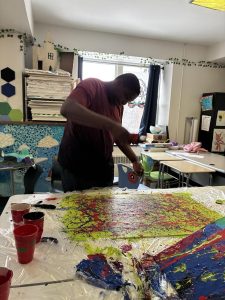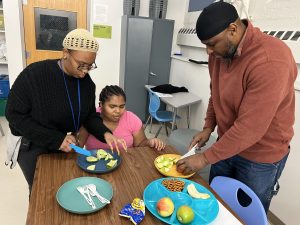Self-advocacy is a crucial skill for autistic individuals, empowering them to express their needs, desires, and rights in various social, educational, and occupational contexts. The ability to self-advocate significantly impacts their overall well-being, promoting independence, self-esteem, and a higher quality of life. Teaching self-advocacy involves equipping individuals with the knowledge and skills to understand and communicate their own needs effectively, as well as fostering an environment where their voices are heard and respected.
Understanding and implementing self-advocacy is essential for autistic individuals due to the unique challenges they often face, including difficulties in communication, sensory sensitivities, and navigating social interactions. Effective self-advocacy allows them to articulate their preferences and requirements, leading to more personalized and supportive accommodations in educational settings, workplaces, and daily life.
Learning self-advocacy also involves developing a sense of self-awareness and self-determination. Autistic individuals are encouraged to recognize their strengths and challenges, helping them to set realistic goals and make informed decisions about their lives. This process is empowering, as it shifts the focus from external control to personal agency, fostering a sense of ownership over one’s actions and outcomes. Additionally, self-advocacy can reduce the likelihood of misunderstanding and discrimination, as it promotes clearer and more direct communication about individual needs and capabilities.
Schools play a pivotal role in teaching self-advocacy to autistic students. Programs and curricula that emphasize self-advocacy skills include components such as self-assessment, goal-setting, communication strategies, and rights education. Teachers and support staff are trained to provide a supportive environment where students feel safe and encouraged to express themselves. Through role-playing, social stories, and real-life practice scenarios, students can gain confidence in their ability to advocate for themselves. This holistic approach ensures that self-advocacy is not merely a theoretical concept but a practical, lived experience.
Shrub Oak International School is dedicated to the integration of self-advocacy training into our educational framework. We are committed to fostering a supportive environment where autistic students learn to identify and articulate their needs. Through personalized support, we provide students with tools and opportunities to practice self-advocacy in a variety of settings, including opportunities for students to engage in decision-making processes regarding their education and daily activities. Additionally, we actively advocates for our students by ensuring their voices are heard in broader educational and community contexts.
Teaching and learning self-advocacy are vital for the empowerment and independence of autistic individuals. It enables them to communicate their needs, make informed decisions, and navigate various life contexts more effectively. By fostering an environment of respect and empowerment, we can help autistic individuals achieve greater autonomy and a better quality of life.





